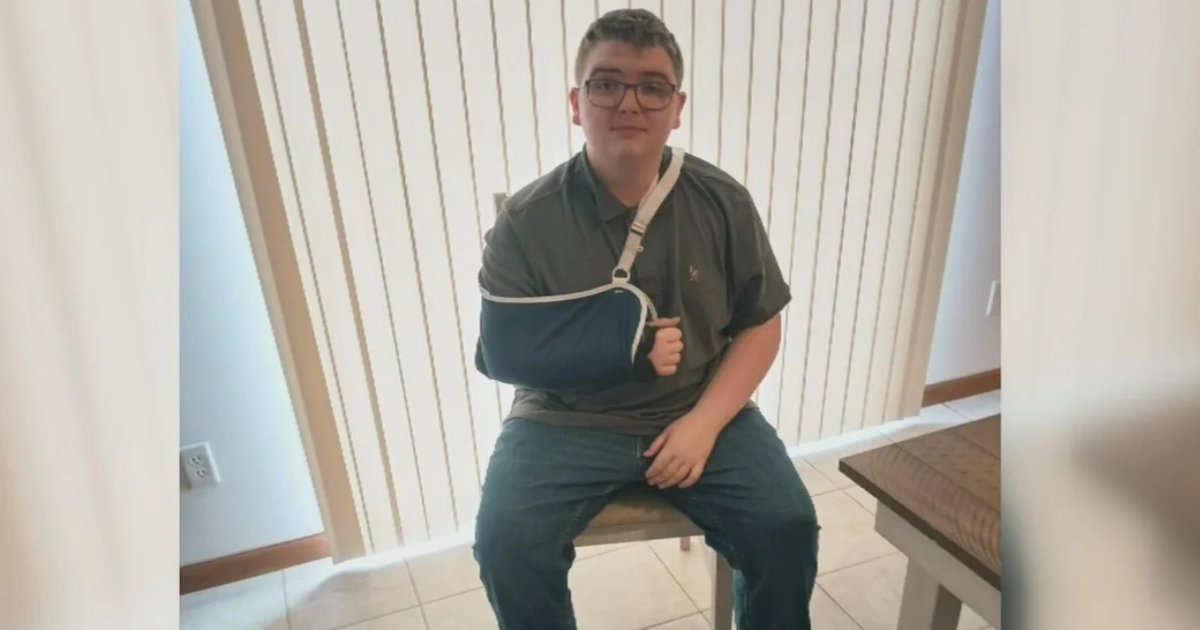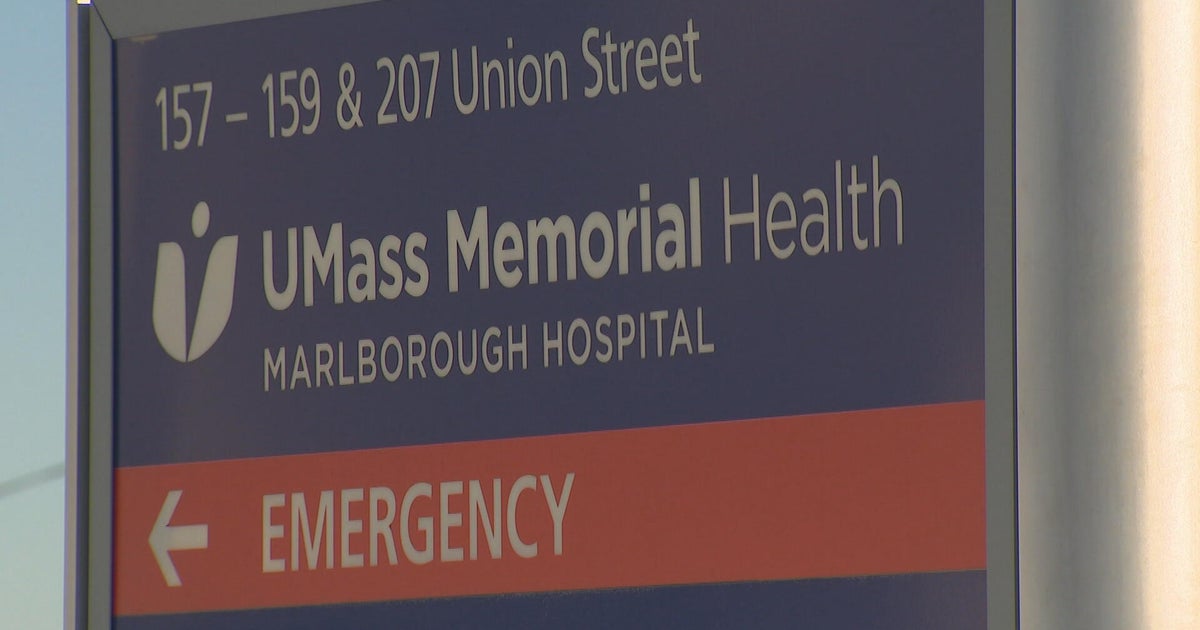New treatment for essential tremors now available on Long Island
NEW YORK - There's a new treatment for tremors.
More than 10 million Americans suffer from what's known as "essential tremors," a nervous system disorder that causes shaky extremities.
Murray Bocian is one of the first patients on Long Island to receive what's being called a life-changing treatment.
It has been years since Bocian, of New Hyde Park, has been able to simply lift a drink without spilling. Now he can, after receiving a new treatment for an essential tremor on his right hand. Now, he awaits the same treatment on his left hand.
"Sometimes I can't button a shirt," Bocian said. "Shoes, I went to slip-ons, because it was too hard to tie them."
"It's painful to watch somebody who is struggling to get the fork to their mouth. It's painful to watch the food coming down on his clothes," Murray's wife, Beth Bocian, said.
It has been a progressive condition that has gotten worse over 30 years. Eventually, he couldn't write.
A week ago, he underwent a one-day procedure call "HIFU," or high intensity focused ultrasound, which is now available for the first time on Long Island at North Shore University Hospital. It's painless and non-invasive, and has immediate results.
Using MRI, doctors are able to target a circuit in the brain that causes the tremor, and intercept it.
"We focus ultrasound beams through to the brain to create a lesion at a node with a maladapted circuit," said Dr. Albert Fenoy, director of functional neurosurgery at North Shore University Hospital. "And that produces an immediate effect."
"It's a miracle. It's night and day," Beth Bocian said.
In nine months, he can do the other side of the brain, which will correct the left hand tremor. He's looking forward to simple things.
"Holding hands was something we didn't do anymore," Murray Bocian said. "Now, being able again to go fishing with my grandchildren, and maybe pick up the golf club again ... I was embarrassed."
For most patients, side effects are mild and temporary, or nonexistent. The benefits could last three years, at which point the procedure can be done again.
"Now there is no tremor," Beth Bocian said. "It's quality of life. It really is."
Both are looking forward living life steady ahead.
The procedure is usually covered by insurance.








